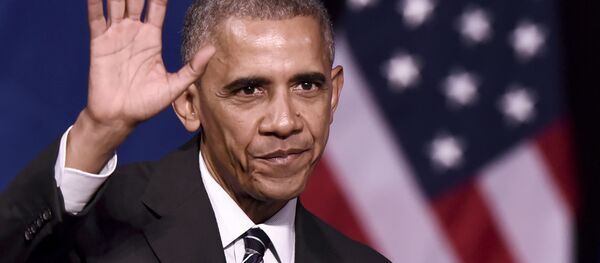The relocation of the embassy has been postponed for more than 20 years by three US presidents — Bill Clinton, George W. Bush and Barack Obama — as they rightly feared that such a step could significantly destabilize the situation in the Middle East.
"In the Middle East, such ill-thought actions could have drastic consequences. You can easily change the capital, and then the whole region will spit blood for years to come. If Trump will take the Israeli side, the US will stop being an impartial arbiter in this conflict and will become party to the conflict," member of the Academy of Geopolitical Issues Arayik Stepanyan told RT, adding that such step would be Trump's big mistake.
With the approach of the Paris Conference for Peace in the Middle East and Trump's inauguration, the plans of the new US President are making leaders of other countries feel more and more uneasy.
On January, 5 Jordanian Information Minister Mohammad Momani said in an interview with AP that the embassy's relocation may affect the relations of the US with its allies in the region. According to him, this move would be a "red line" for Jordan, "inflame the Islamic and Arab streets" and serve as a "gift to extremists."
At the same time, Russian expert Arayik Stepanyan believes that if Trump will still decide to put his plan into practice, this move won't lead to the recognition of the new status of Jerusalem by other states. The whole Islamic world and the Middle East will rise against this decision. And as these countries are oil exporters, they will be able to exert a certain pressure on the situation, the expert said.
Relations between Israel and Palestine have been shattered for decades. Palestinians are seeking diplomatic recognition of their independent state on the territories of the West Bank, including East Jerusalem, which is partially occupied by Israel, and the Gaza Strip. The Israeli government refuses to recognize Palestine as an independent political and diplomatic entity, and has built settlements on the occupied areas, despite objections from the United Nations.





